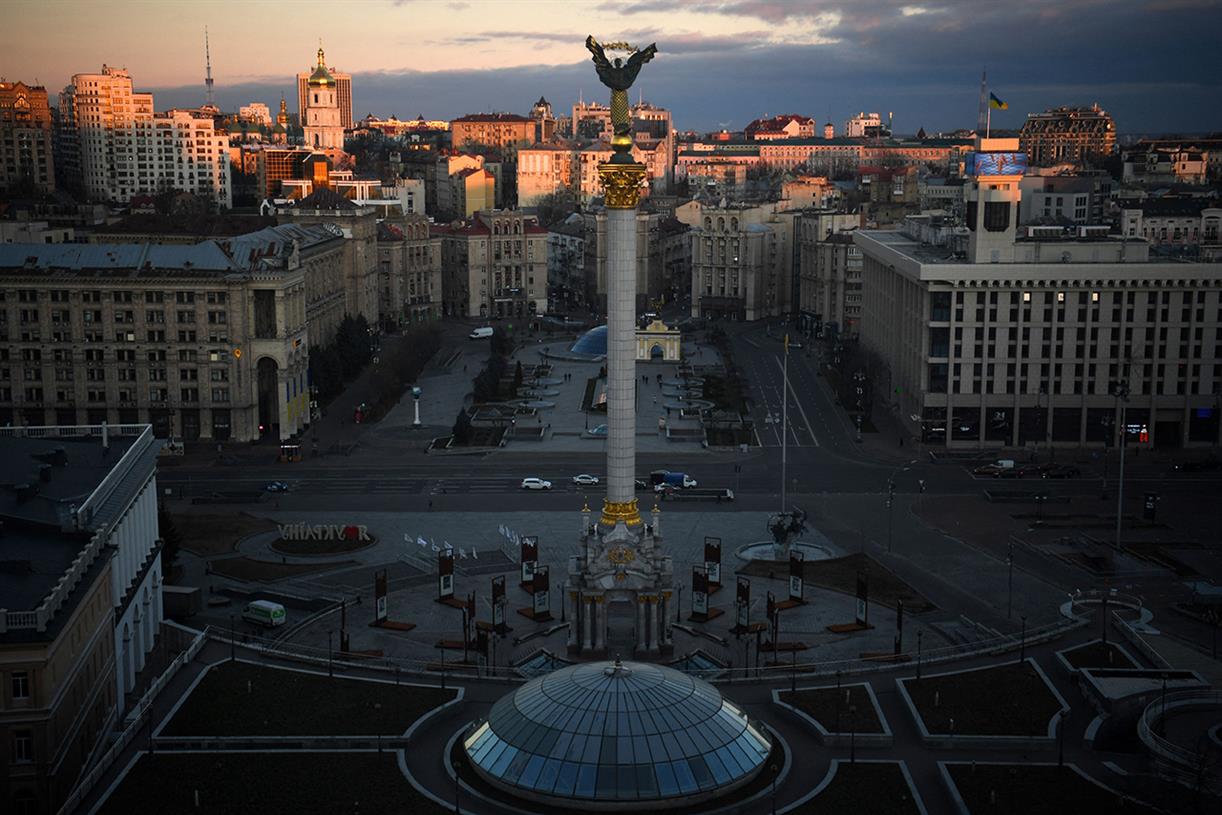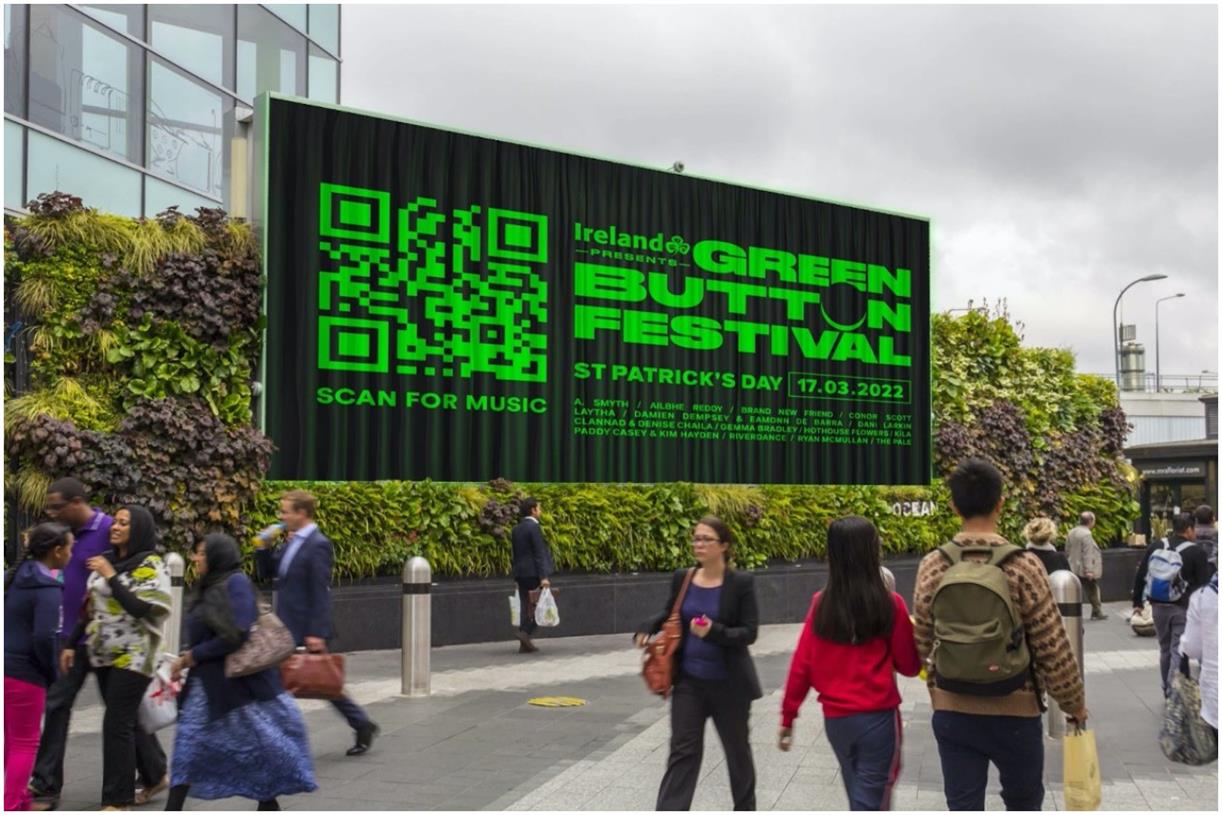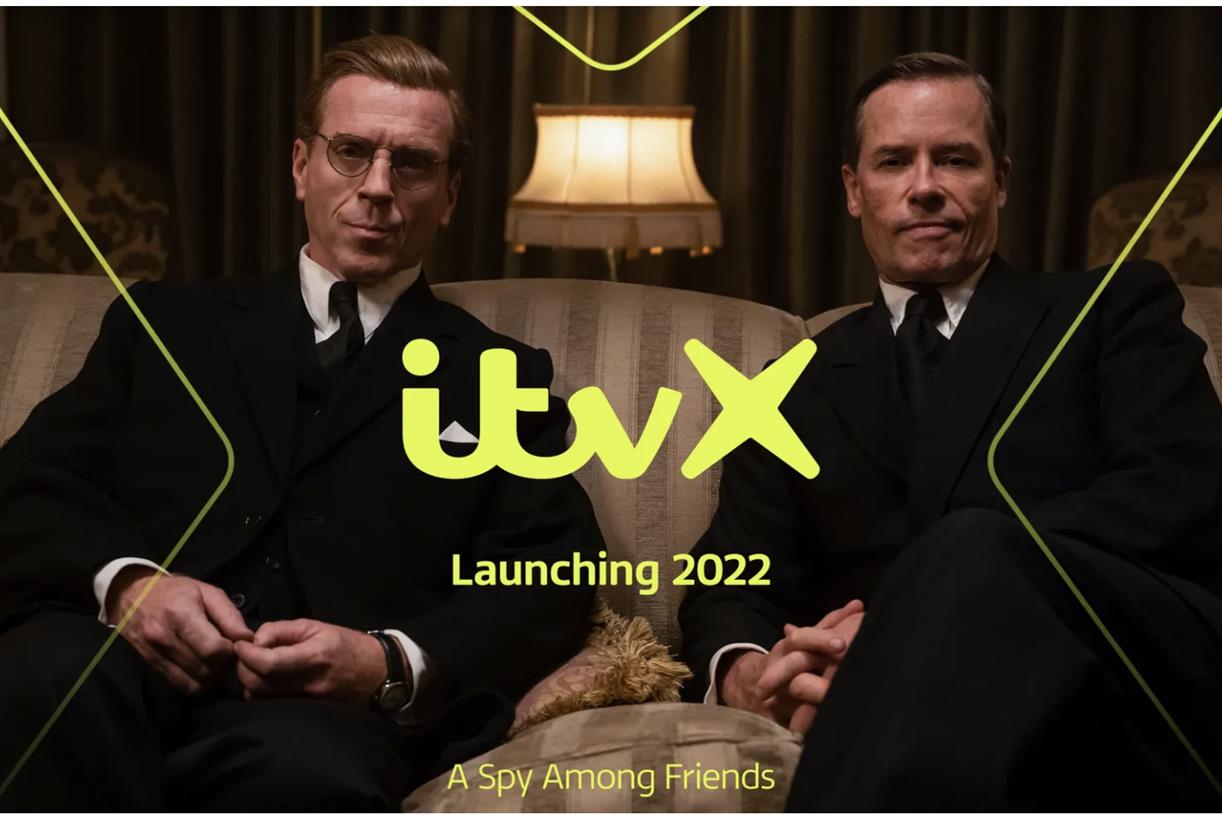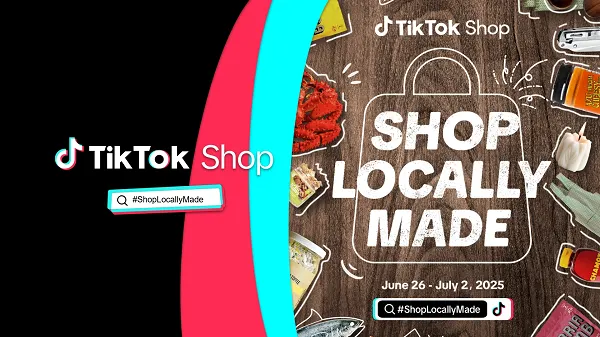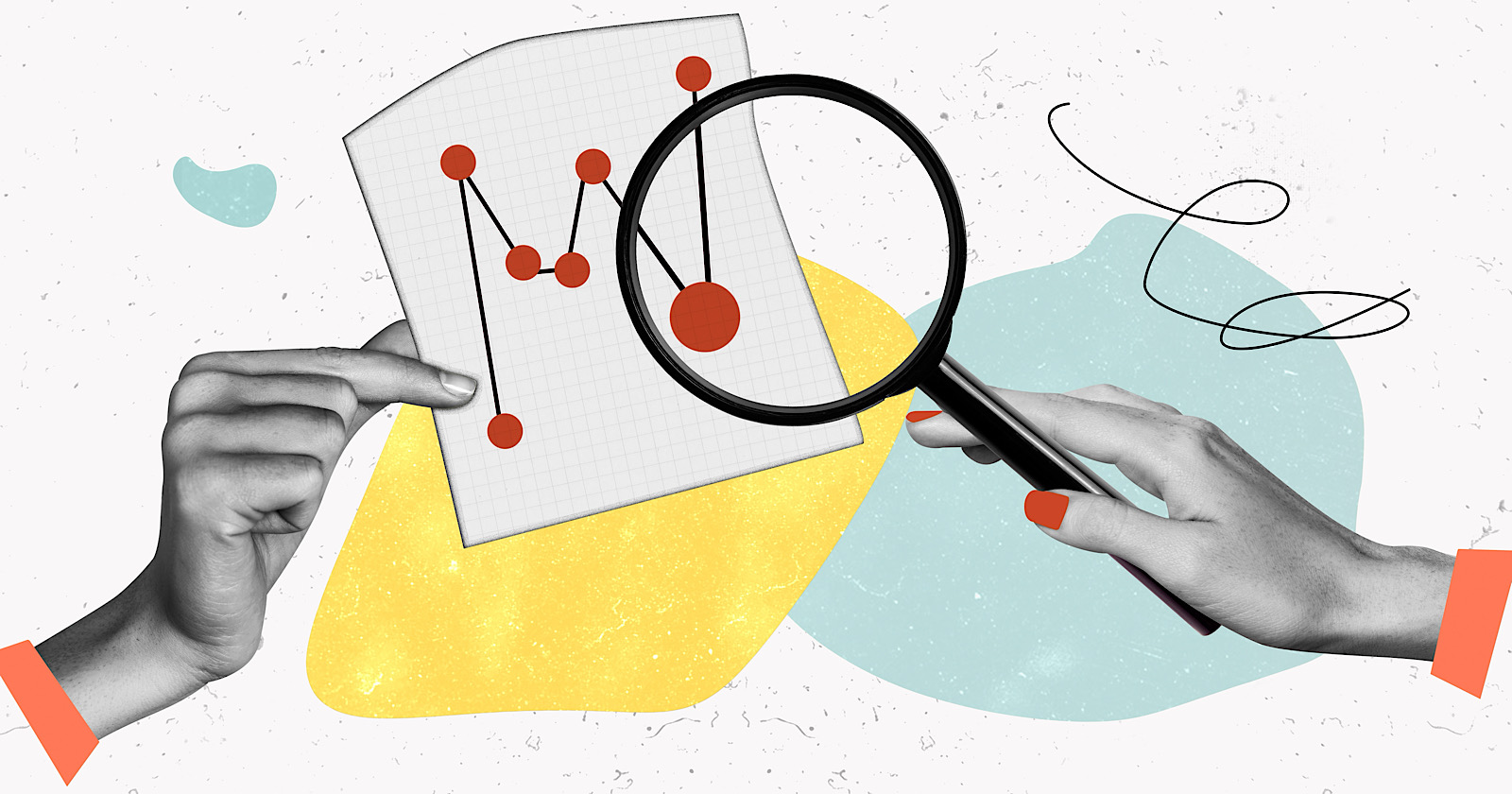22 Examples of Nostalgia Marketing that Make Customers Feel Good
Nostalgia marketing is the advertising equivalent of comfort food.

Nostalgia marketing is the advertising equivalent of comfort food. In a time where most marketing focuses heavily on the future, nostalgic commercials and ads transport us back to a simpler place where our current problems don't matter. Instead of anticipating the next great thing, nostalgia marketing urges us to focus on what we already know works. To inspire your campaigns, we selected 22 examples of nostalgia marketing that play on the bittersweet pangs of days gone by. “When you play on nostalgia, you’re bringing people back to a simpler time, and the familiar comfort that comes with a shared experience with your peers,” says Jones Krahl, Deloitte Digital’s co-head of creative brand and advertising, along with Milton Correa. “While playing into nostalgia isn’t new, putting your own spin on nostalgia has become increasingly popular,” Correa adds. We know at a gut level that nostalgia gives our lives a feeling of meaning and continuity, but you may be surprised to learn it can also make us looser with our wallets. A study published in the Journal of Consumer Research found that nostalgic feelings made participants more willing to spend money on consumer goods and services — making nostalgia marketing a major win. We rounded up some nostalgic commercials that induce a fondness for a bygone time by calling upon pop-culture elements of the good old days. Incorporating famous characters and scenes from the past in modern advertisements is a tried-and-true way to generate positive feelings in your target audience, making them more likely to open their wallets. Many children of the ‘80s and ’90s remember playing Nintendo-based video games with their siblings. And many people also recall the sad feelings related to growing apart or drifting away from a relative. This commercial highlights both memories by telling the story of two Nintendo-loving brothers who grow apart, argue as teenagers, and then happily reunite as adults to play the new Nintendo Switch together. This nostalgic commercial not only reminds people of what it was like to grow up with siblings, but it also reminds you of the great fun you had playing video games as a child. Then, because the brothers connect and chat virtually as they play Switch games at the end, it shows how Nintendo's technology has evolved to connect old friends and relatives worldwide. Instead of promoting a traditional ad showing Australia's most beautiful destinations, Australia disguised a tourism ad as a star-studded trailer for a fictional reboot of the '80s film Crocodile Dundee. As those who watched the original Dundee series get excited by clips from the film, starring Chris Hemsworth and Jason Sudeikis, it‘s revealed that Hemsworth tricked Sudeikis into a tourism ad. Despite the trickery, Hemsworth and Sudeikis agree that their trip to Australia was still the best vacation they’d ever taken. This was a clever way to embrace the television and movie reboot trend of 2018 and 2019 while still highlighting the best Australia has to offer for tourism. Because it features famous actors in the present day, it's also hilarious for both people who followed the Dundee films or the main characters in the fake reboot. In 2016, music-streaming service Spotify unveiled a new spokesperson — er, spokes-dragon — in a 30-second ad produced by Wieden + Kennedy New York. Falkor and his boy companion Atreyu (now a heavily bearded 44-year-old man) are both characters from the beloved 1984 fantasy film The NeverEnding Story. W+K even got the original actors to reprise their roles (Noah Hathaway as Atreyu and Alan Oppenheimer as the voice of Falkor). The pair appear just as the film left them over 20 years ago: gliding through the clouds while the movie‘s dramatic theme song plays in the background. "I can’t believe people still listen to this song!" Atreyu exclaims. His dragon agrees; they share a laugh, and the two speed off into a grainy, '80s-quality CG sky. The tagline of Freia, a Norwegian chocolate company, is “Et lite stykke Norge” (A little piece of Norway). This spot for the company produced by SMFB Oslo fully encapsulates the sentiment in a simple, joyful way. The plot follows a Norwegian expat in New York navigating a hectic life as a fashion stylist. When he returns home to his apartment one evening, he finds a half-eaten bar of Freia chocolate in his otherwise empty fridge. After just one bite, he's inspired to hop on a plane back to Norway to visit his father and soak up the majestic landscape of his homeland. The ad ends with the stylist discovering a modest hair salon for sale in what is presumably his hometown. The message is clear: A taste of Freia chocolate is inherently connected to Norway, no matter where in the world you may be. Bob Ross, the beloved '80s painting guru who passed away in 1995, experienced an unexpected resurgence in popularity in 2016 after Netflix added his classic TV show, The Joy of Painting, to its streaming lineup. After his Netflix debut, Ross became a trending topic on Instagram, and Adobe took notice. They decided to pay homage to the late painter in a series of tutorial videos promoting their new Adobe Photoshop Sketch for the iPad Pro. Authenticity was central to this nostalgic campaign. Adobe and agency Lekker Media collaborated with Bob Ross Inc. to make sure every detail was accurate, even going as far to make sure it properly displayed the clothing Ross wore on his show. Children‘s book illustrator Chad Cameron, who plays Ross in the series, perfectly channels the artist’s relaxed, unpretentious demeanor. “Bob's wish was to inspire as many people as possible to be creative and to share it with others,” Joan Kowalski, media director at Bob Ross Inc., told Adweek. “Adobe's 'Joy of Sketching' series reminds us that a company as big as Adobe shares in that hope.” Although it originally aired from 1987-1995, Full House has become a nostalgic childhood symbol for multiple generations thanks to syndication. But before Netflix revived the show with a 2016 reboot, Dannon reunited a few of the show‘s stars in an ad for Oikos, the company’s line of Greek yogurts. John Stamos is joined by his former cast members Bob Saget and Dave Coulier in this Y&R Vinizius-produced spot. The trio doesn't explicitly reprise their Full House roles, but the dynamic is undeniably reminiscent of their days on the sitcom. In 1973, Billie Jean King won a tennis match against male player Bobby Riggs, coined “The Battle of the Sexes.” The historic tennis game was the first time a woman tennis player was matched against a male. In and before the late 1950s, men were seen as superior athletes. Before the tennis match with King, who was only 25, even Riggs said he could beat a woman at the age of 55. King's tennis match win proved Riggs wrong. It also proved that men and women could compete equally on the tennis field and in other sports. On a bigger scale, it further empowered women, who were often stereotyped as wives, homemakers, or secretaries at the time. With King's win, it became harder to ignore that gender stereotypes were false and that women could win and even lead amongst men. King wore an iconic pair of blue Adidas tennis shoes during the match. Years later, to celebrate the 45th anniversary of King‘s win, Adidas launched a limited edition line of BJK shoes with the tennis legend’s face and initials on each pair. To announce the shoe line, Adidas launched a series of simple commercials showing Billie Jean King spray-painting piles of shoes blue. Here's an example of one of the ads: To further promote the line, Adidas also had booths at the U.S. Open tennis match where fans could bring any brand of shoes and have an artist paint them blue with Adidas' unique BJK logo. According to Adidas, the overall campaign led to a 20% boost in tennis shoe sales. And, now that the campaign is over, people are auctioning off these limited edition shoes on eBay for upwards of $1,000. Nothing screams nostalgia like old home movies. In this extended holiday ad from British grocery chain Tesco, we watch a family grow and age over the years through the lens of their Christmas home videos. Set to a poignant theme, the ad is intended to stir up fond holiday memories for viewers. “We wanted to show what a real Christmas is all about — not a perfect, airbrushed one — but the ones we recognize from our own lives,” David Wood, former marketing director at Tesco, told Adweek. The ad was produced by Wieden + Kennedy, London. Although Microsoft's Internet Explorer is no more, this 2013 spot for the web browser earned viral recognition and a Webby Award nomination. “You might not remember us,” the ad‘s narrator begins, "but we met in the ’90s." The commercial highlights all things '90s — fanny packs, Tamagotchi, bowl haircuts — even the Oregon Trail PC game makes an appearance. Column Five Media, the creative agency behind the ad, set out to create a nostalgia-driven viral ad that would reintroduce Internet Explorer to '90s kids. “The idea of a brand like Internet Explorer being forward-thinking enough to make such a story-focused, Gen Y-centered commercial was pretty newsworthy,” the agency wrote in a behind-the-scenes blog post. “Focusing that story on '90s nostalgia, which we knew was popular with Gen Y and not yet fully realized in video form, is what made [the ad] shareworthy.” Chili's ads are usually characterized by close-up shots of glistening hamburgers, sizzling bacon, and french fries still glowing with fryer oil. So this 2016 ad produced by Boston-based agency Hill Holliday was a departure from the casual dining chain's typical go-to formula. The commercial depicts Chili‘s origin story through a series of retro vignettes. We see the laid-back founders playing ring toss, lounging on the hood of their car, and, of course, flipping classic Chili’s burgers in their first restaurant. The ad taps into traditional Americana — a form of nostalgia for small-town American life, middle-class values, and neighborhood restaurants. Apple regularly features celebrities in their advertising, but they made a throwback casting decision for this iPhone 6s nostalgic commercial. Everyone's favorite sweet-toothed Muppet, Cookie Monster, might have switched to a more balanced diet, but he appears whipping up a batch of his favorite chocolate chip cookies in this ad. TBWA/Media Arts Lab is the agency behind the ad, and they even released a series of “bloopers” featuring the beloved childhood character. The nostalgic force is strong in this Target video promoting Star Wars: The Force Awakens merchandise. As part of a more extensive campaign to encourage fans to share their Star Wars memories online, Deutsch LA produced this two-minute compilation of Star Wars fans' home videos. In the nostalgic commercial, young fans dressed as little Princess Leias, Luke Skywalkers, and Han Solos brandish lightsabers and give their best Chewbacca impressions, all while the classic Star Wars theme plays in the background. The result is an endearing campaign that will resonate with longtime fans and new converts alike. For its 150th anniversary in 2012, Bacardi released a series of print and television ads showcasing the brand's party-starting heritage. The trip down memory lane was intended to give the company a shot of authenticity, reminding consumers that Bacardi has stood the test of time. The goal, according to Leo Premutico, co-founder of WPP agency Johannes Leonardo, the agency behind the ad, was “to depict a moment in time that lives in history” and offer “an eye to what’s next, an exciting future.” When McDonald's removed antibiotics and artificial preservatives from their chicken in 2016, they wanted an ad campaign that informed consumers about these changes and tapped into nostalgia surrounding their famous nuggets. “There's an undeniable level of nostalgia tied to the McDonald's brand and its food,” Britt Nolan, Leo Burnett USA's Chief Creative Officer, told Adweek. “We set out to capture that relationship in a sincere, simple way that today's parents can relate to and feel good about sharing with their own kids.” To support local restaurants and build hype around their product, Uber Eats turned to beloved local access show hosts and rockers Wayne Campbell and Garth Algar for their Super Bowl 2021 spot. The dynamic duo from the 1992 classic Wayne’s World appealed to nostalgic millennial audiences while also nodding to the present with a Tik-Tok-dancing Cardi B cameo. While the Cardi B cameo is self-awarely shameless, it illustrates a valuable strategy of leveraging nostalgia while acknowledging modernity. Some products are so classic that the mere mention drums a swell of warm, fuzzy nostalgic bliss. Think Tamagotchi and Beanie Babies for 90s kids or Cabbage Patch Dolls from the 80s. Companies lucky enough to score a hit product back in the day have capitalized on it in the present by offering limited re-releases of those beloved past items. Here are a few examples of limited re-releases of nostalgic products. Pepsi released Crystal Pepsi in 1992. Despite a less-than-stellar reception and resulting discontinuation in 1994, Pepsi’s quirky, clear soda remains a warm and comforting memory for many who yearn for simpler times. Pepsi ran a limited rerelease of the drink in 2022 to celebrate the 30th anniversary of its failed yet nostalgic beverage. However, Crystal Pepsi was never available for purchase. Nostalgia fans entered a social media competition and used branded hashtags to show off their favorite 90s photos, with winners receiving 20 bottles of the storied soda. In addition, Pepsi recently unveiled its first rebrand since 2008, complete with a new logo and visual identity that pays homage to vintage Pepsi branding of the 70s and 80s. In the early 2000s, before smartphones, one of Motorola's most popular cell phones was a tiny, flat flip phone called the Razr. Despite its number-based keyboard and a small screen, people loved it for its design and simplicity. In 2019, Motorola gained buzz when it re-introduced a new and improved Razr featuring a folding touchscreen. In the commercial announcement, you see an old-school Razr lifting off a table and flying through the air as its old layers peel off to reveal a new design. The phone then opens to reveal the Android-like touch screen. Your brand may not have been around back in the day — and that’s okay! However, that doesn’t mean you can’t draw on nostalgia in your marketing efforts. Partnering with a classic brand is a win-win scenario that draws nostalgia fans toward a new product and reinvigorates awareness of the older brand. Here are a few examples of modern companies partnering with nostalgic brands to supercharge their marketing efforts. Hotels.com partnered with Lisa Frank and Barsala to offer a pop-up flat that fulfills the nostalgic fantasies of ‘90s kids who loved their rainbow-clad notebooks and unicorn pencil pouches. “We wanted to design a room that celebrates all things '90s, and nothing screams childhood nostalgia more than these iconic designs,” shared Adam Jay, President of Hotels.com. The room was exclusively bookable on Hotels.com for a short time in 2019 and proved to be a successful example of nostalgia marketing, especially as it appeals to millennial audiences. The hyper-stimulating and nostalgic design generated lots of press and even more Instagram hype from happy guests basking in the warmth of childhood wonder. Jalapeno poppers were big in the ‘90s, and so were ultra-wide-leg jeans. So, it was only natural for Goldfish to partner with JNCO for a limited edition pair of nostalgia-inducing jeans to promote their new jalapeno popper-flavored snack. Brand partnerships are a great way to market new products and reach wider audiences. If your partnership can evoke sentimental emotions in a specific audience, that’s a recipe for success. Few 90s memories are as sacred as wandering into Blockbuster on a Friday evening and being greeted with a labyrinth of movie titles and games to choose from — perhaps even some candy at journey’s end. Sadly, only a single Blockbuster remains in Bend, OR. However, AirBnb partnered with the lone video rental store to offer a 90s-themed experience to Blockbuster lovers looking to relive their nostalgic memories in the form of an overnight stay. The sentimental stay was only available for three nights in September 2020, with proceeds going to charity. With limited availability and a strong nostalgic hook, this partnership garnered significant buzz for both brands. Nostalgia in advertising can be more subtle than partnering with classic brands or featuring nostalgic pop-culture icons in advertisements. Some brands invoke fond memories within consumers through the design of products that nod to the style and aesthetics of a time when things were just a bit simpler. Baggy jeans are back, and Levi’s is driving the resurgence of the 90s clothing aesthetic in their design. Their Instagram page is replete with vintage tinted filters and models who look like they stepped off the set of Dawson’s Creek. They even offer a special line of 90s edition 501 jeans that call upon nostalgia in name and design, with their loose-fitting, mid-rise vibe that provides a blast from the past for lovers of all things 90s. Levi’s leans into the storied history of their brand in their advertising and product design, which elicit positive feelings of the past in their customers. If you can make your customers feel good, they’ll surely want to buy. There’s comfort in consistency, and few brands recognize that more than Heinz. The image above shows an original Heinz Ketchup bottle from 1890, which doesn’t look all that different from the current Heinz designs. If you have an iconic logo, it might be your best bet to stick with it. Classic designs offer feelings of safety and trust in consumers, resulting in brand loyalty and sales. Of course, we can’t all be stewards of iconic brands. However, leaning into nostalgia through the design of your products is a powerful way to garner positive feelings toward your brand. The key to nailing nostalgia is understanding what motivates your audiences, how they were raised, and where their deepest interests lie. To do this, research or develop buyer personas that grew up in certain generations to learn what makes them think. Editor's Note: This blog post was originally published in September 2016, but was updated for comprehensiveness and freshness in February 2020.
The Power of Nostalgia Marketing
22 Examples of Nostalgic Ads
1. Nintendo
2. Australia Tourism Board
3. Spotify
4. Freia
5. Adobe
6. Oikos
7. Adidas
8. Tesco
9. Microsoft
10. Chili's
11. Apple
12. Target
13. Bacardi
14. McDonald's
15. Uber Eats
Limited Re-Releases of Nostalgic Products
16. Crystal Pepsi
17. Motorola Razr
Partnering with Nostalgic Brands
18. Hotels.com x Lisa Frank
19. JNCOs x Goldfish
20. AirBnb x Blockbuster
Nostalgia in Design
21. Levi’s
22. Heinz’s Ketchup
How to Nail Nostalgia

 JaneWalter
JaneWalter 









